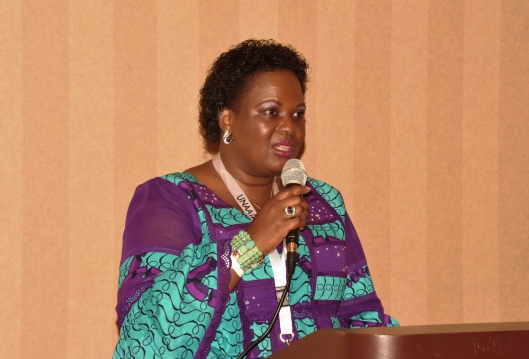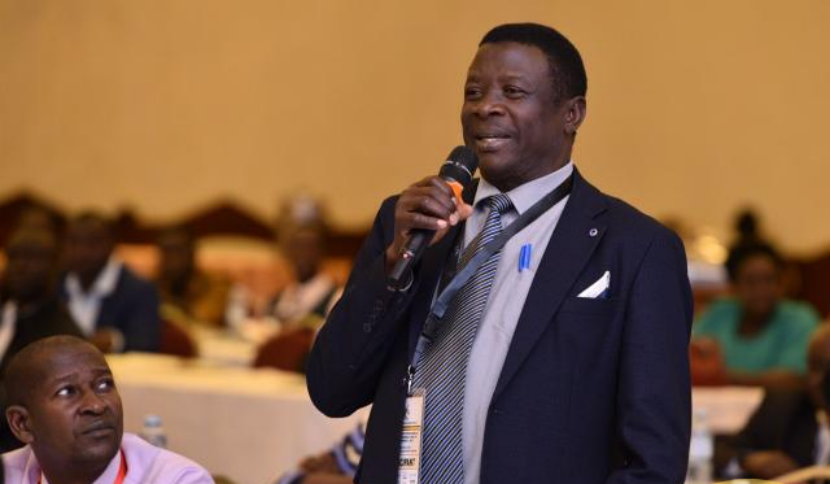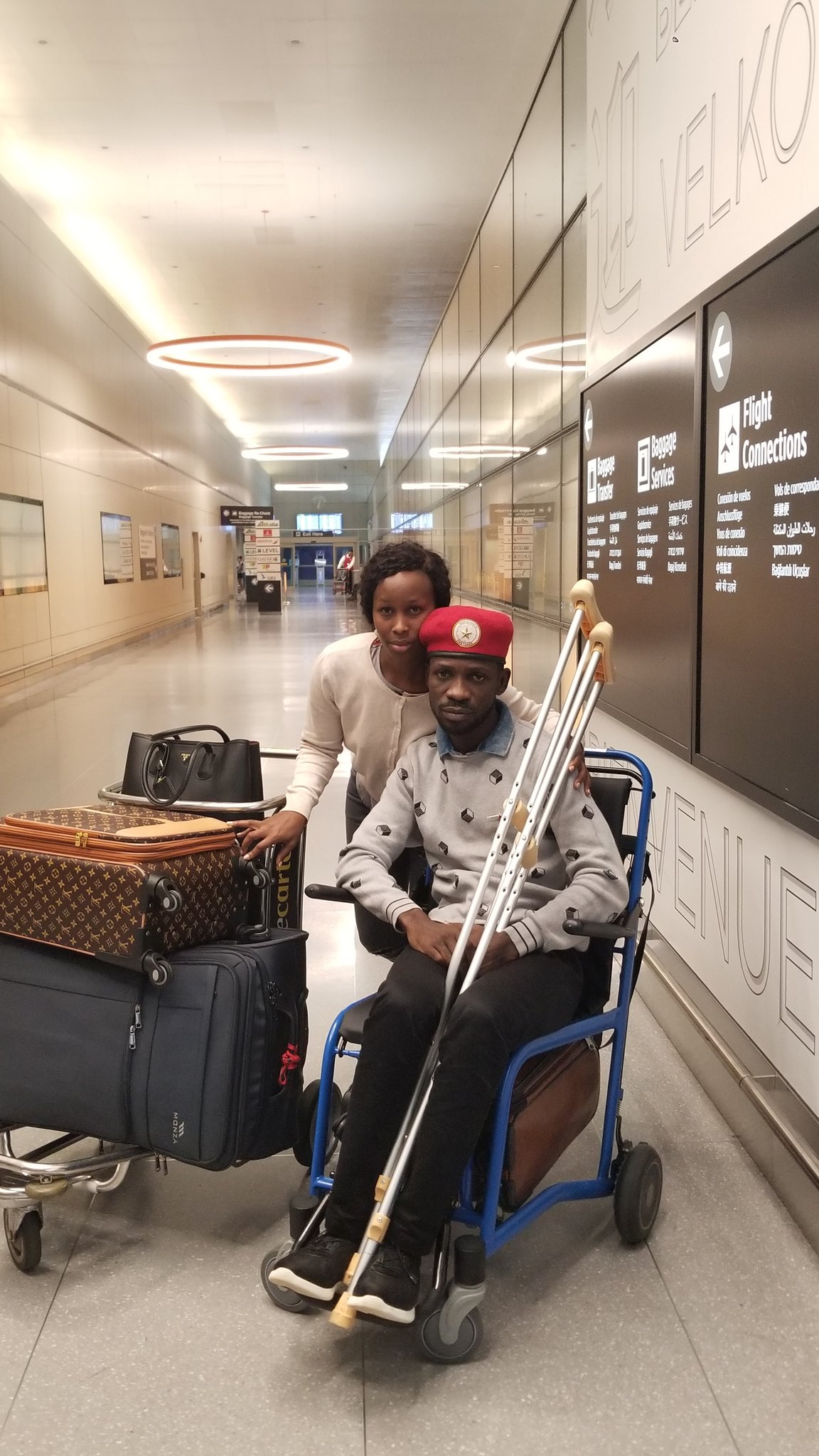Betty Amongi, Minister of Gender
Government has revealed plans to invest in programmes encouraging men to adopt positive mindset towards women and abandon the negative masculinities that are endangering the wellbeing of women in Uganda for the coming five years 2026 to 2030.
The revelation was made by Betty Amongi, Minister of Gender, while presenting a statement before Parliament ahead of the commemoration of International Women’s Day that are slated to be celebrated on 8th, March 2025 at Kyankwanzi district.
“Mindset change through budget allocation for positive mindset, campaigns for male positive masculinities, Programmes for care work, Community mobilisation/ gender responsive household approaches; and Social protection programmes for children, elderly, sick etc. Elimination of Gender-based Violence and Promotion of Women’s Rights through the scale up GBV prevention & response services to all regions and work places; Actions to address cyber GBV, innovative actions to address socio norms & positive parenting” said Minister Amongi.
The Minister also called on Government to locally raise resources aimed at gender equality in order to end reliance external funding which is already under threat by trends in geopolitics.
“We need the support of Parliament in increasing domestic financing towards gender equality and empowerment of women and girls to supplement external funding which is currently under threat by the global geopolitics,” said Minister Amongi.
Government cited persistent poverty and discrimination among the top challenges facing women in Uganda noting, “20.3% of the population is below the national poverty line especially female-headed households have higher rates of multidimensional poverty of about 50% in 2019120 compared to 39% for male-headed households (UBOS 2022). Persistent discriminatory and negative social norms and practices against women and girls leading to high levels of sexual gender-based violence including teenage pregnancies and child marriages,” Minister Amongi remarked.
Melsa Avako (Yumbe DWR) asked the Ministry of Gender to relax the collateral required by women to access entrepreneurial funds by Government noting, “I come from a district which holds a predominant population of Muslims but they still have barriers especially when it comes to access to some of the Microfinance benefits especially the collateral. Some of the terms that you presented to them aren’t benefitting them. For example, rural women in our cultural set up don’t own land and you have put land as one of the conditions for them to access money that can enable them to some appropriate small businesses.”
Flavia Kabahenda (Kyegegwa DWR) asked Government to come up with policies of integrating teenage mothers back in school as the cases of teenage pregnancies and child marriage continue to rise as was the case during the COVID-19 pandemic.
“With the right action and intentional support, we shall make appropriate progress. The number of child-parents we are registering every day, even after COVID-19 is alarming. If we are to speak about the actions, I think we now need a legislation on a child rights approach to reintegration assistance to the child parents to facilitate the re-entry into school. The more we delay the policy and legislation to reintegrate child parents because I know there are even child parents among boys,” said Kabahenda.
Stella Atyang (Moroto DWR) decried the practice by some Police officers who demand for facilitation from parents of children who are victims of rape and other forms of sexual violence, yet these victims come from impoverished homes that can hardly raise funds for such requests.
“There are increasing cases of child marriages and defilement and in spite of these children knowing the referral pathway, when they are defiled (raped) and cases are reported to Police, there is a tendency of Police asking for facilitation in terms of fuel to help go and track the perpetrators. But unfortunately, these are children of incapable Ugandans, so they end up keeping these girls for a short time and because they can’t keep them for long, they release them back to the community and hence these perpetrators come back and take advantage of the desperate children,” noted Atyang.





